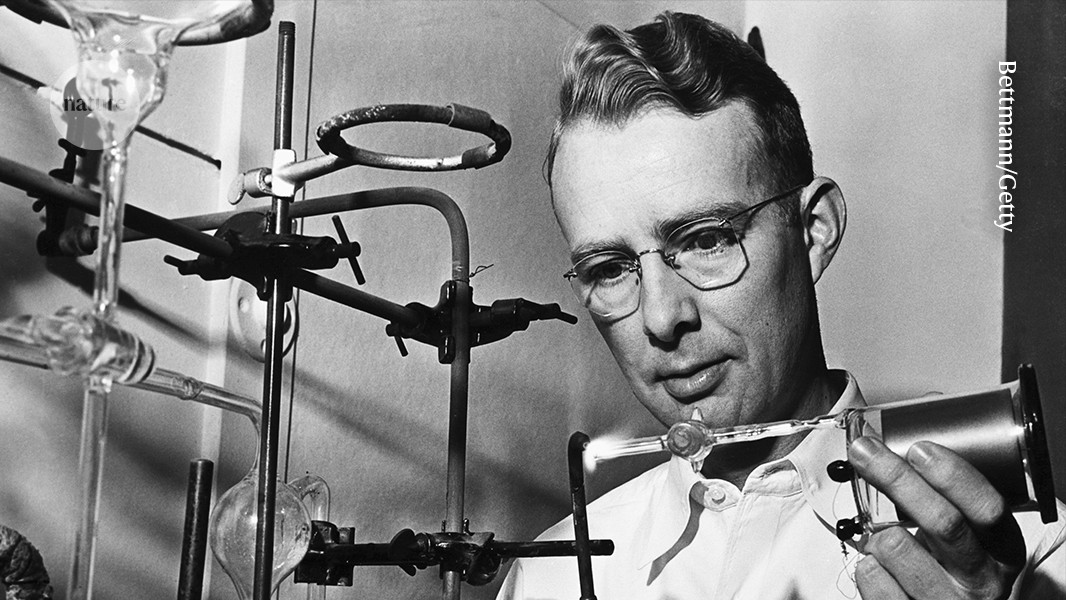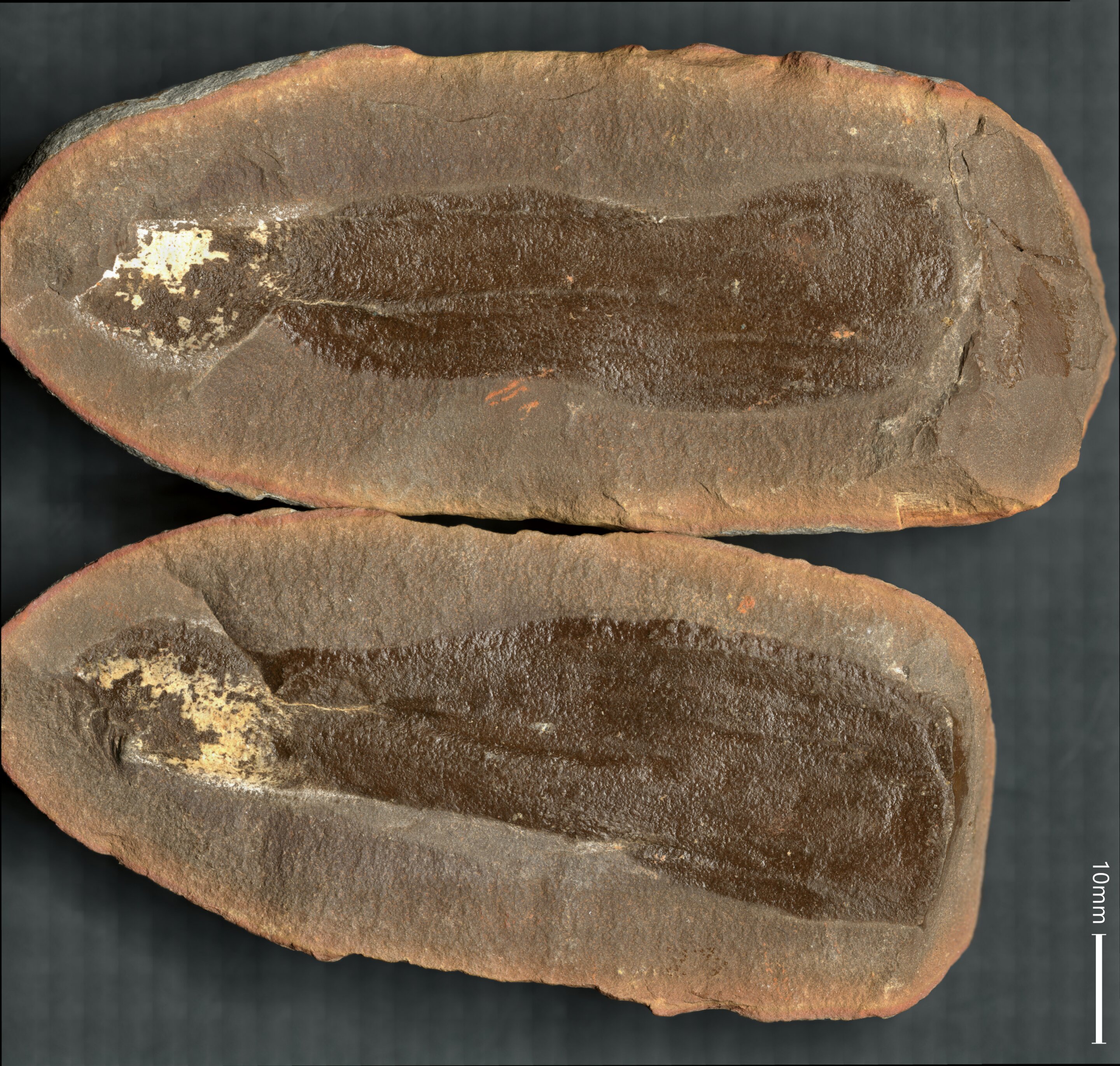T4K3.news
New analysis published
A critical look at a landmark physicist blends science and controversy to probe how history remembers scientific progress.

A portrait of Nobel prizewinner Luis Alvarez explores his scientific achievements alongside his contentious character.
Luis Alvarez A Life of Science and Controversy
Collisions traces the life of Luis Alvarez, a physicist whose work helped shape high energy physics and earned him the 1968 Nobel Prize. He played a key role in bubble chambers and in radar work during World War II, and he flew on one of the planes bound for Hiroshima in 1945. The book depicts how Alvarez moved between laboratory breakthroughs and public debates about UFOs and JFK’s assassination, presenting a scientist who combined bold ideas with a fearless rhetoric. Nevala-Lee uses vivid scenes to anchor difficult concepts in human moments.
Set against the rise of modern US physics, the biography shows how Alvarez helped shift the field from small groups to large teams at national labs and universities. It also records how his temperament—ambition, impatience, and sharp criticism—shaped both his discoveries and his public life. The narrative balances technical detail with moral complexity, inviting readers to weigh ingenuity against the costs of carrying science into public life.
Key Takeaways
"If someone thinks of a key, I can fit it into something."
Direct quote from Alvarez about problem solving.
Nevala-Lee's portrait leans into drama but steadies on evidence, showing how a single figure can illuminate broader debates about science as a public enterprise. The book argues that progress in physics does not exist in a vacuum; it travels through war, policy, and media.
It also raises ethical questions about memory and accountability: should a candidate for scientific glory be remembered only for discoveries or also for the moral choices that accompanied their work? The author avoids sanitizing Alvarez, offering a nuanced view that could influence how we discuss scientific legacies.
Highlights
- If someone thinks of a key, I can fit it into something.
- A life of science and controversy.
- Brilliance and ambition walk side by side in this biography.
- The book makes a case for memory beyond mere triumph.
Sensitive topics risk in Alvarez biography
The article discusses Hiroshima, the JFK assassination debate, UFOs, and nuclear weapons. These topics are politically sensitive and could provoke backlash or strong public reaction. The piece could be seen as revisiting painful historical moments.
The book invites a long conversation about responsibility in science.
Enjoyed this? Let your friends know!
Related News

Three out of five liver cancer cases are preventable

IU basketball rallies in Puerto Rico

Study reveals alarming rise in scientific fraud

Omega-3 supplements linked to reduced aggression

New Study Changes Weight Loss Guidelines

Study Reveals Organized Scientific Fraud

Young Americans face higher rectal cancer risk
Documentary Investigates Iconic Vietnam Photo Controversy
